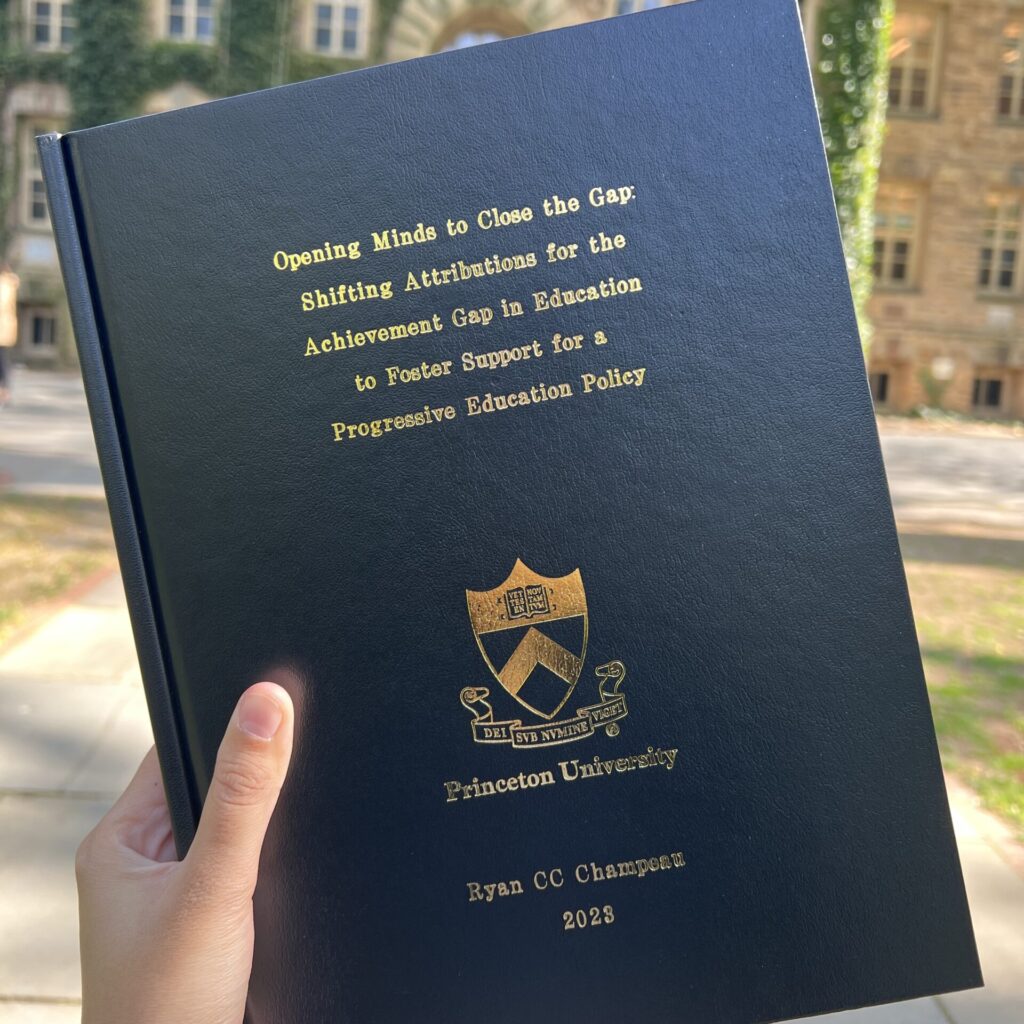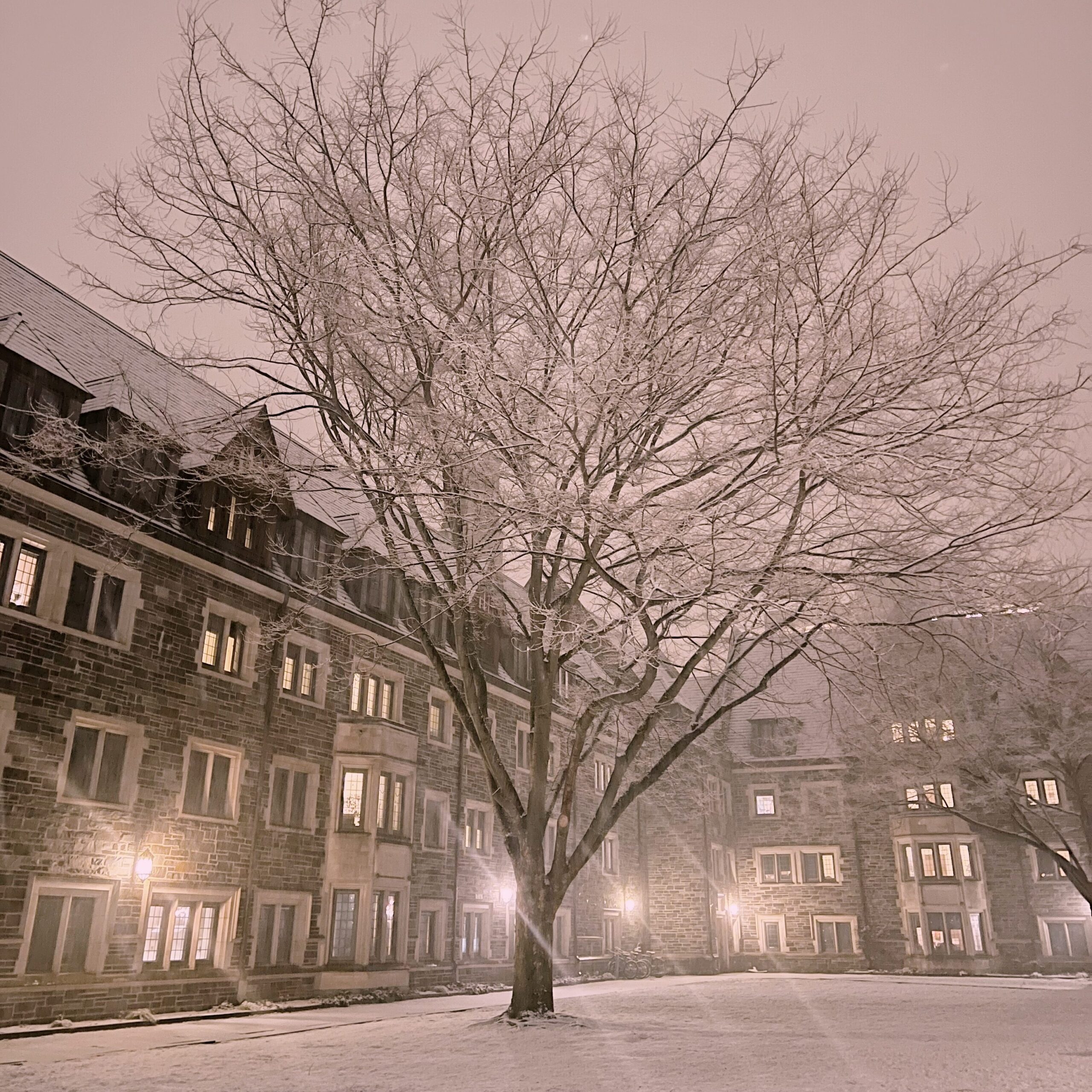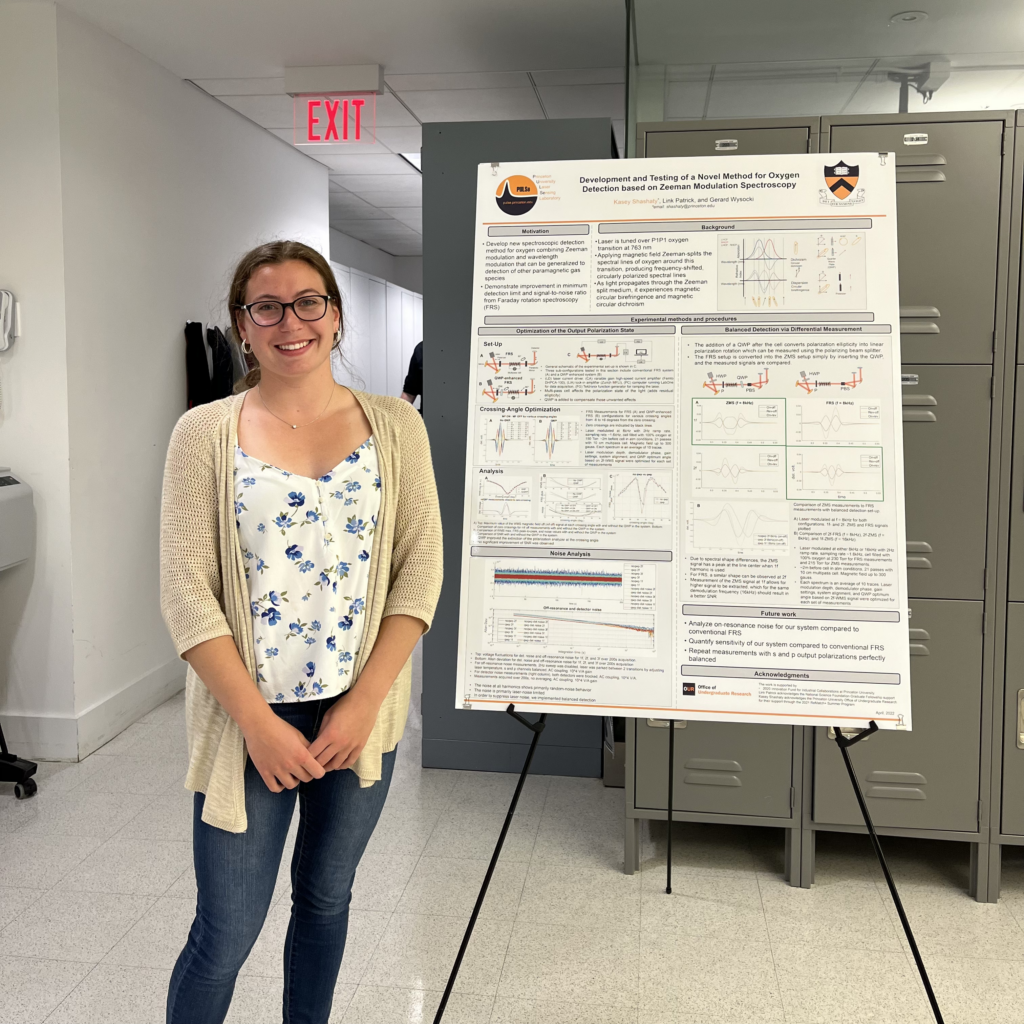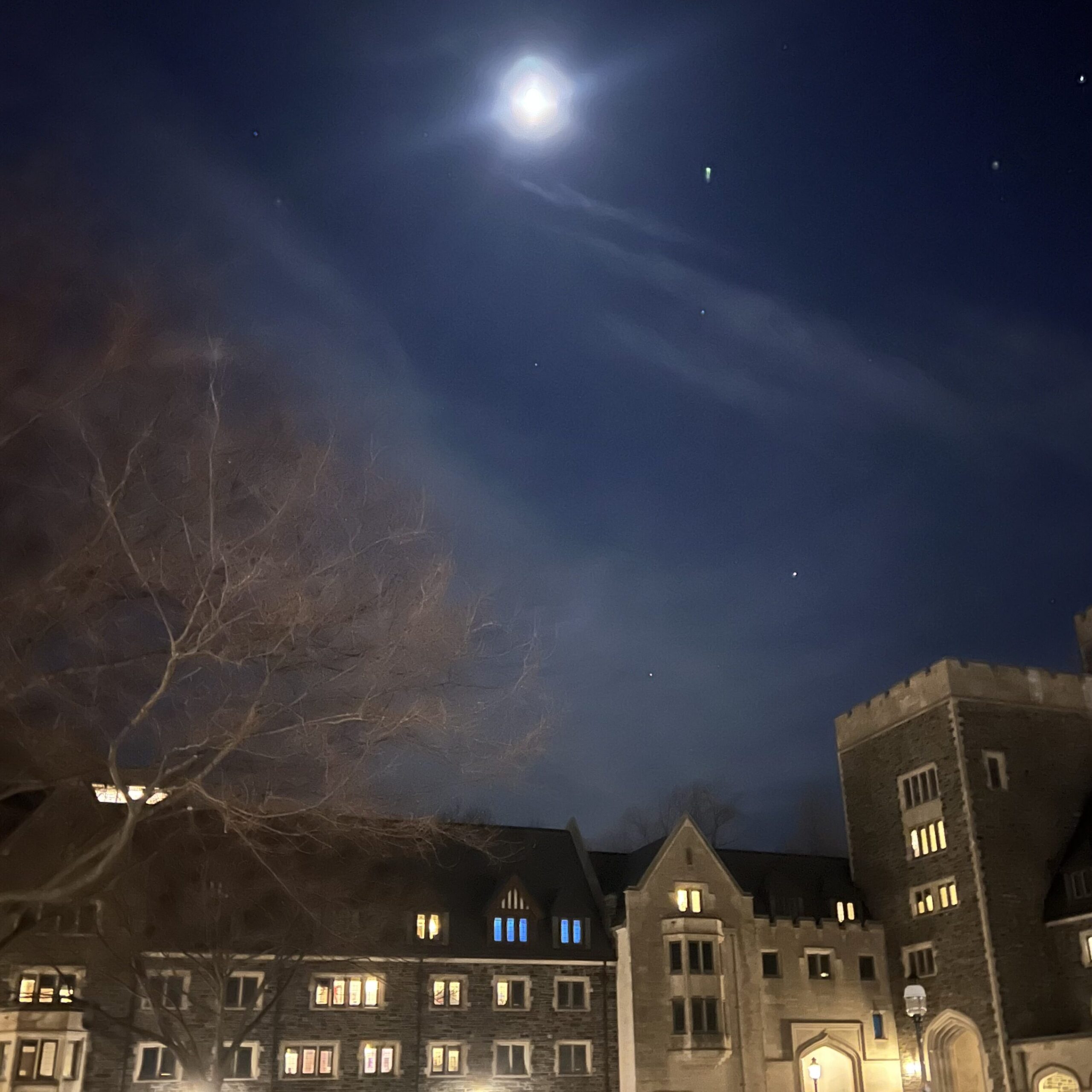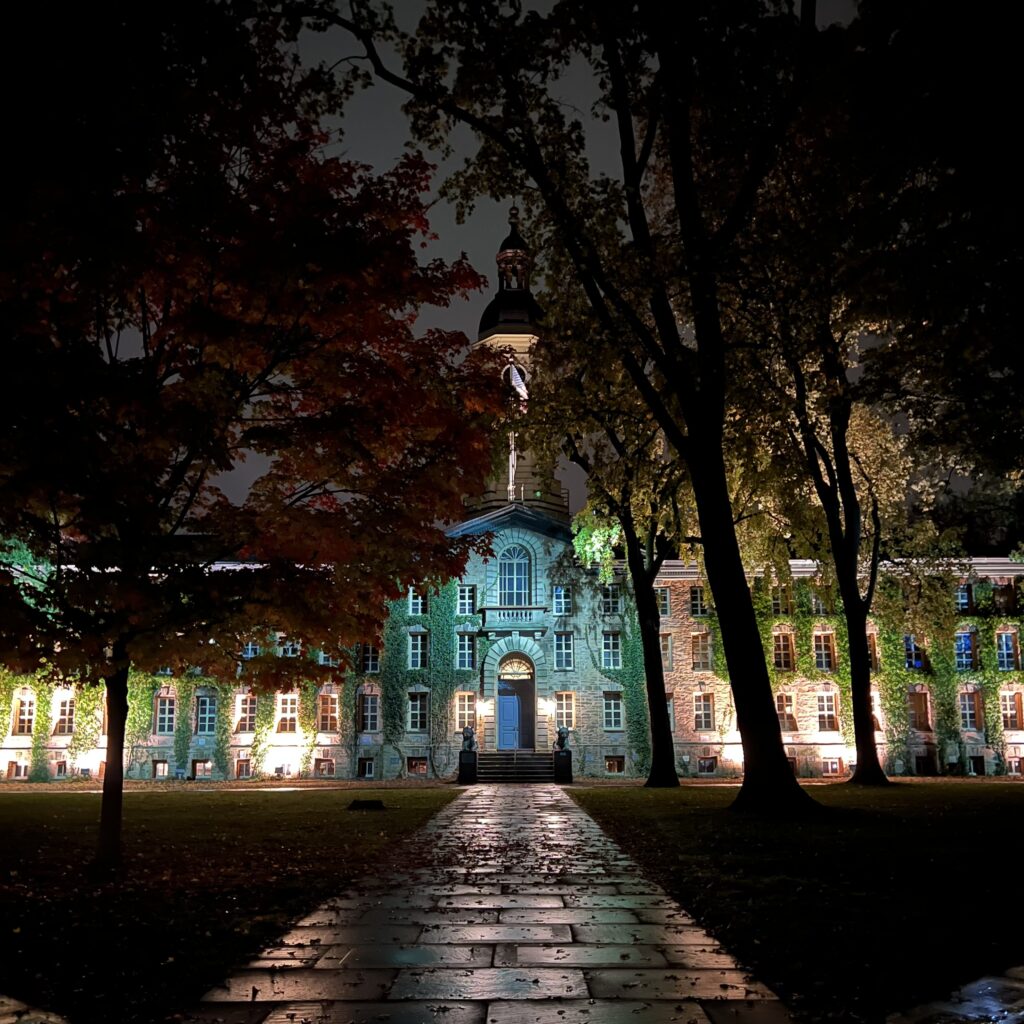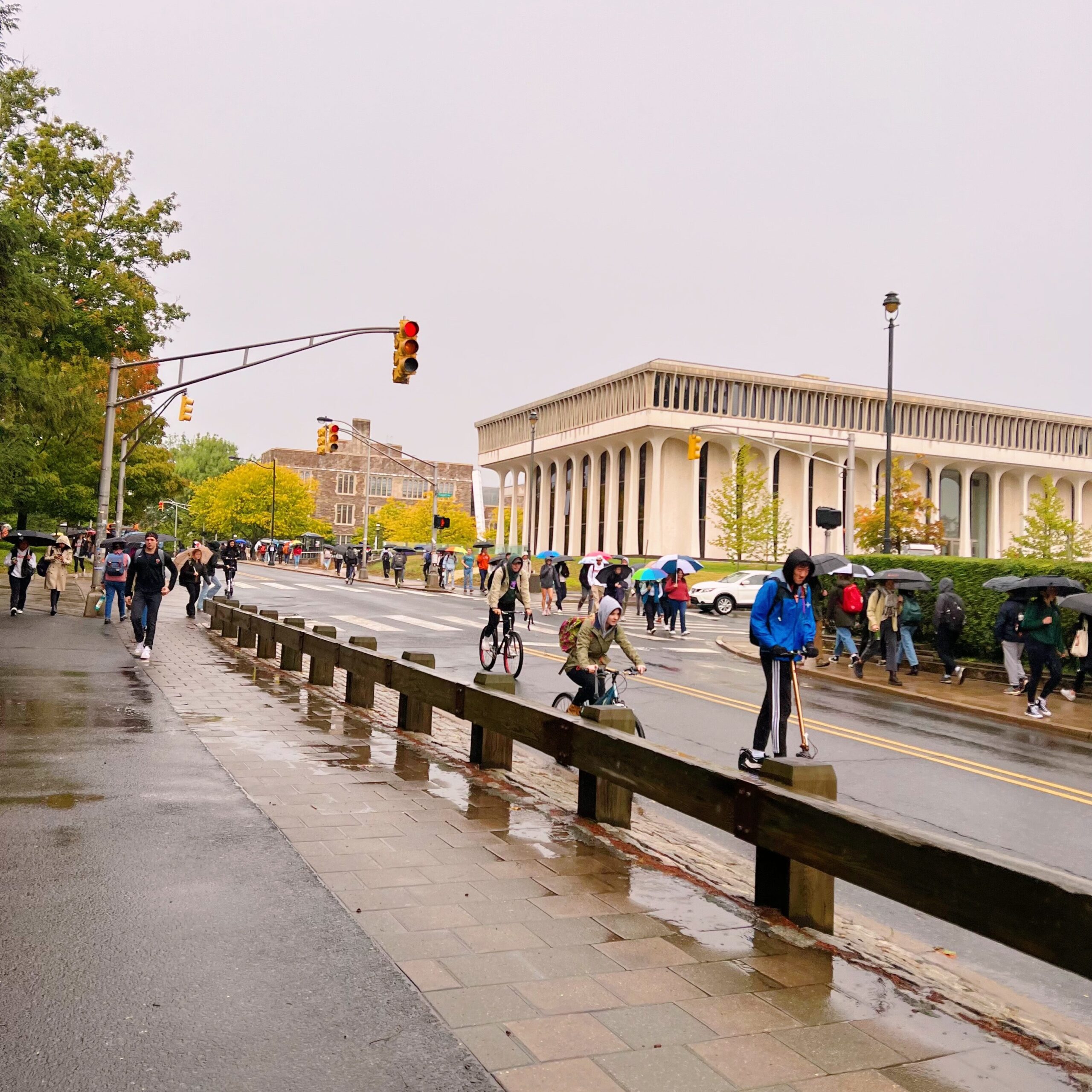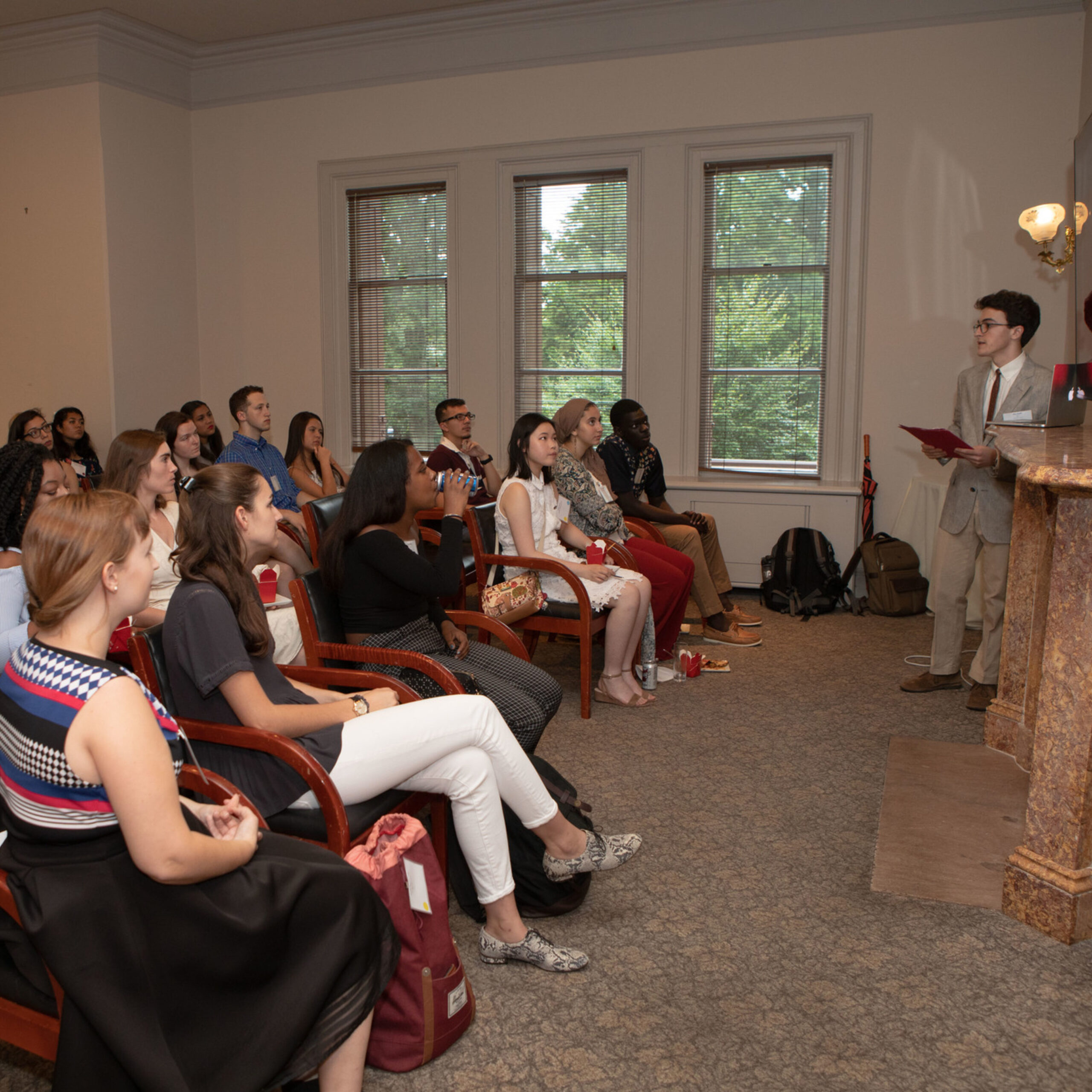
Imagine that you’ve been working on a research project for months. Now you’re standing in front of a crowd of professors, some of which probably know more about your topic than you do. If you do research working in an academic department, it can be a stressful experience if you have to eventually present your work to that department. Trying to talk about what you’ve done with your own adviser can be enough sometimes, and showing work that you may not be 100% comfortable with for a whole crowd of professors is a whole new level of daunting. They all have years of experience and may know more about aspects of your presentation than you do, so trying to seem like you know what you’re talking about while possibly being asked questions far out of your depth may seem impossible for an undergraduate to do.
Nonetheless, whether it’s theses, JPs, internships, or summer projects, all undergraduates here are going to find themselves in this position. So how do you do it?
Continue reading How to Prepare for a Research Presentation


